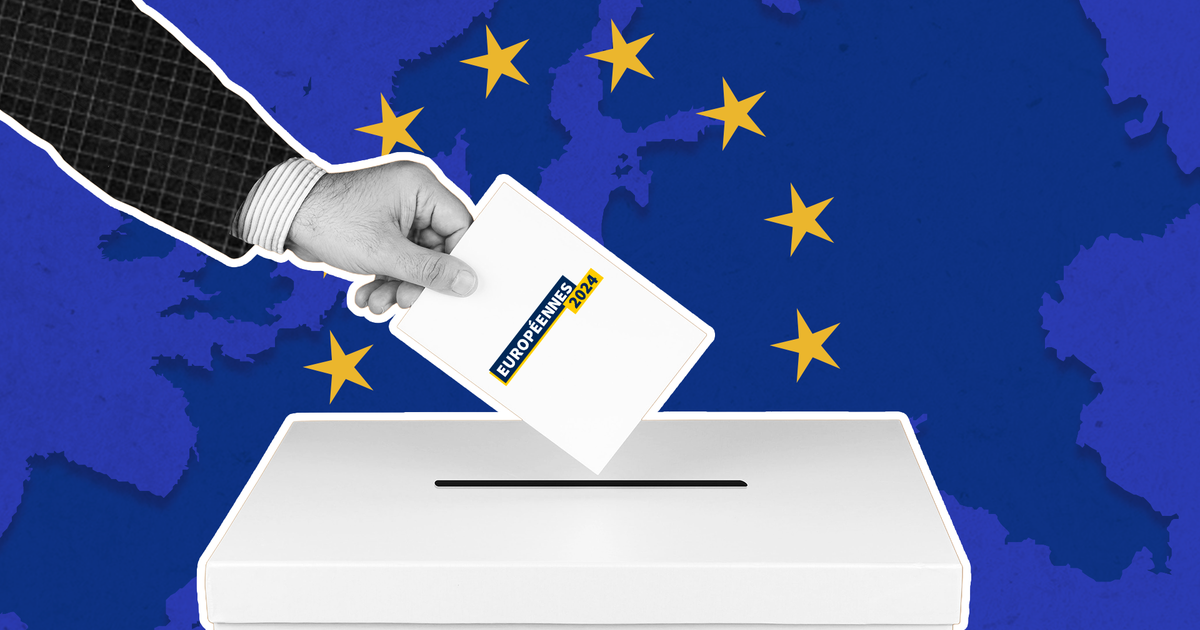Union Leading in Final Survey Before 2024 European Elections
The latest survey conducted by ZDF “Politbarometer Extra” indicates a promising outcome for the Union parties - CDU and CSU - ahead of the 2024 European elections in Germany. With the CDU and CSU securing 30% of the vote, they are on track to outperform their previous result of 28.9% from the 2019 elections. If these results hold, the Union will emerge as the strongest force in the German segment of the elections.
In a tightly contested race behind the Union, the AfD, SPD, and Greens are neck-and-neck, each garnering 14% of the vote. This marks a slight decline for the SPD and Greens compared to their 2019 results of 15.8% and 20.5%, respectively. On the other hand, the AfD shows an increase from its previous 11%. This competition adds an element of uncertainty as the elections approach.
Newcomer BSW, spearheaded by Sahra Wagenknecht, is expected to make a notable impact, securing 7% of the vote, positioning it well ahead of the FDP, which currently stands at 4%, down from 5.4% in 2019. The Left and Volt parties each hold 3%, a modest figure indicative of minor influence in the coming election.
Voter Turnout and Uncertainty
Significant attention is given to voter turnout, with 61% of surveyed individuals showing a strong interest in the 2024 EU elections. This level of interest parallels the turnout observed in 2019, suggesting a stable engagement from the electorate.
Nevertheless, the Elections Research Group highlights that 42% of respondents remain undecided regarding their voting decision. This indicates the potential for shifts in voter sentiment as the election date approaches and underscores the importance of last-minute campaigning efforts by all parties involved.
European Electoral Landscape Beyond Germany
Across Europe, a total of 720 deputies are to be elected for the EU Parliament, with 358 million Europeans called to vote. France, among other nations, has significant stakes in this electoral process, with 81 seats in the European Parliament to be filled. It's noteworthy that ballots in France require a minimum of 5% of votes cast to secure representation.
The survey data from France forecasts slight increases in voter participation compared to previous years, with anticipated turnout surpassing 50%. However, abstention remains a critical issue, with approximately 52.5% of voters potentially not participating. This abstention rate could notably affect the election outcomes if major voter blocs decide to stay out of the process.
- The 2024 European elections are set to reflect deeper transformations within the EU's political landscape. With various parties trying to consolidate their power and newer entities like the BSW aiming to establish a foothold, the results will be pivotal.
- Furthermore, the electorate's engagement levels and final choices will influence not only national politics but also broader EU policies and directions for the coming years. Observers and political analysts are closely monitoring trends and shifts leading up to the election, aware of the significant implications these results carry for the future of European governance.



